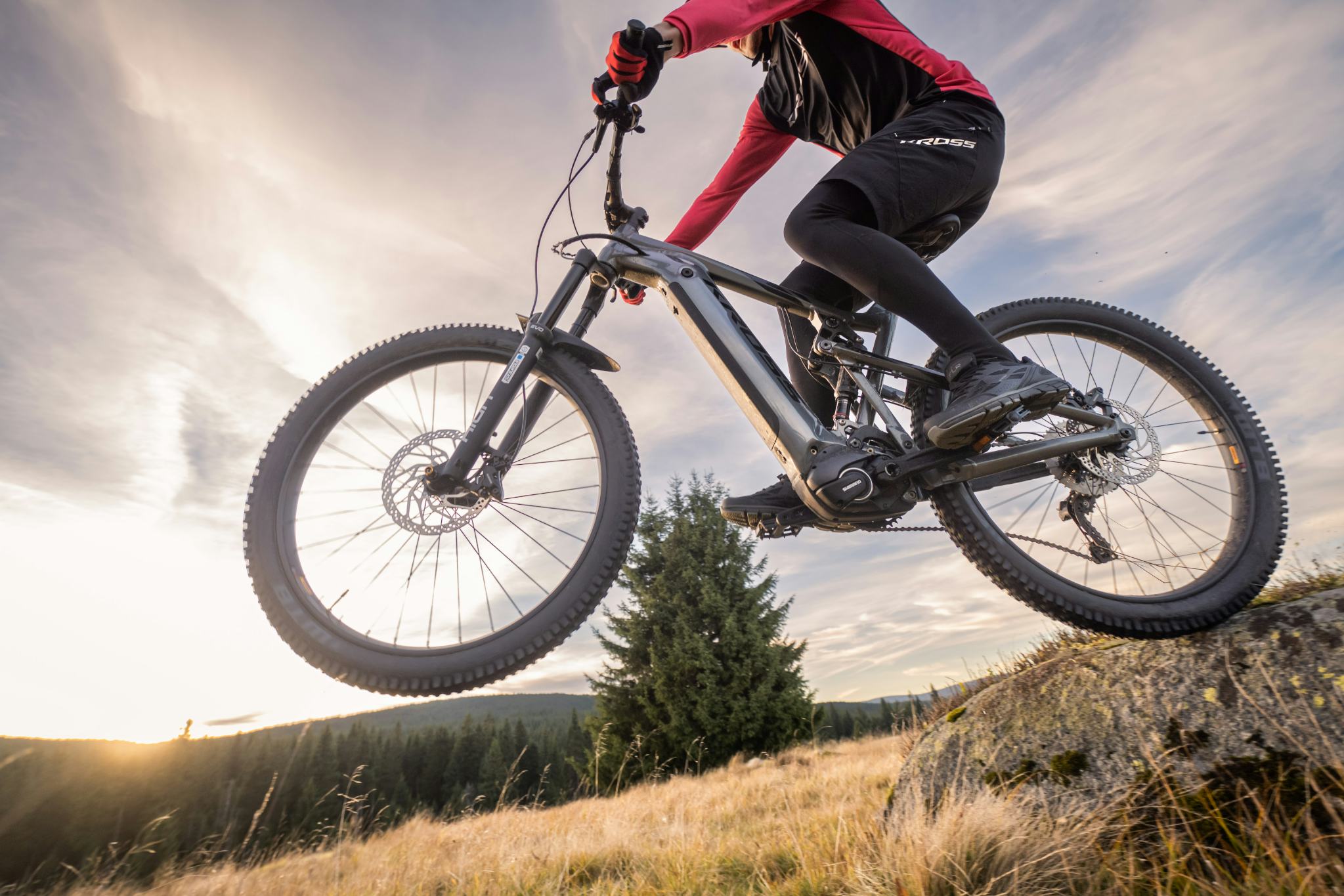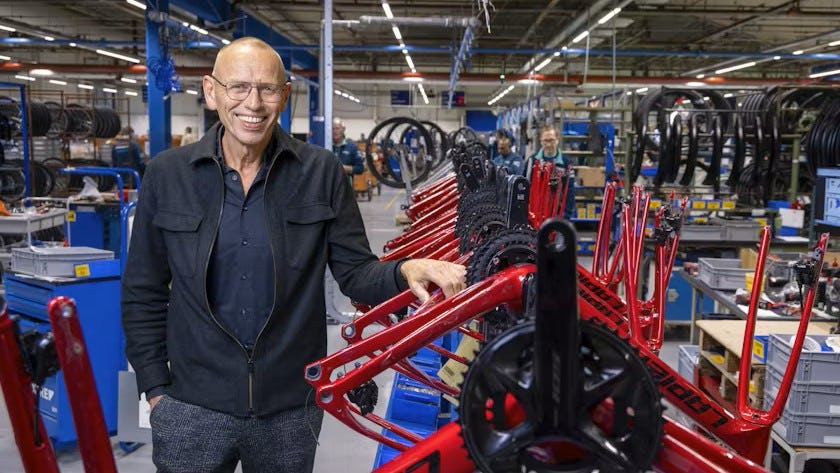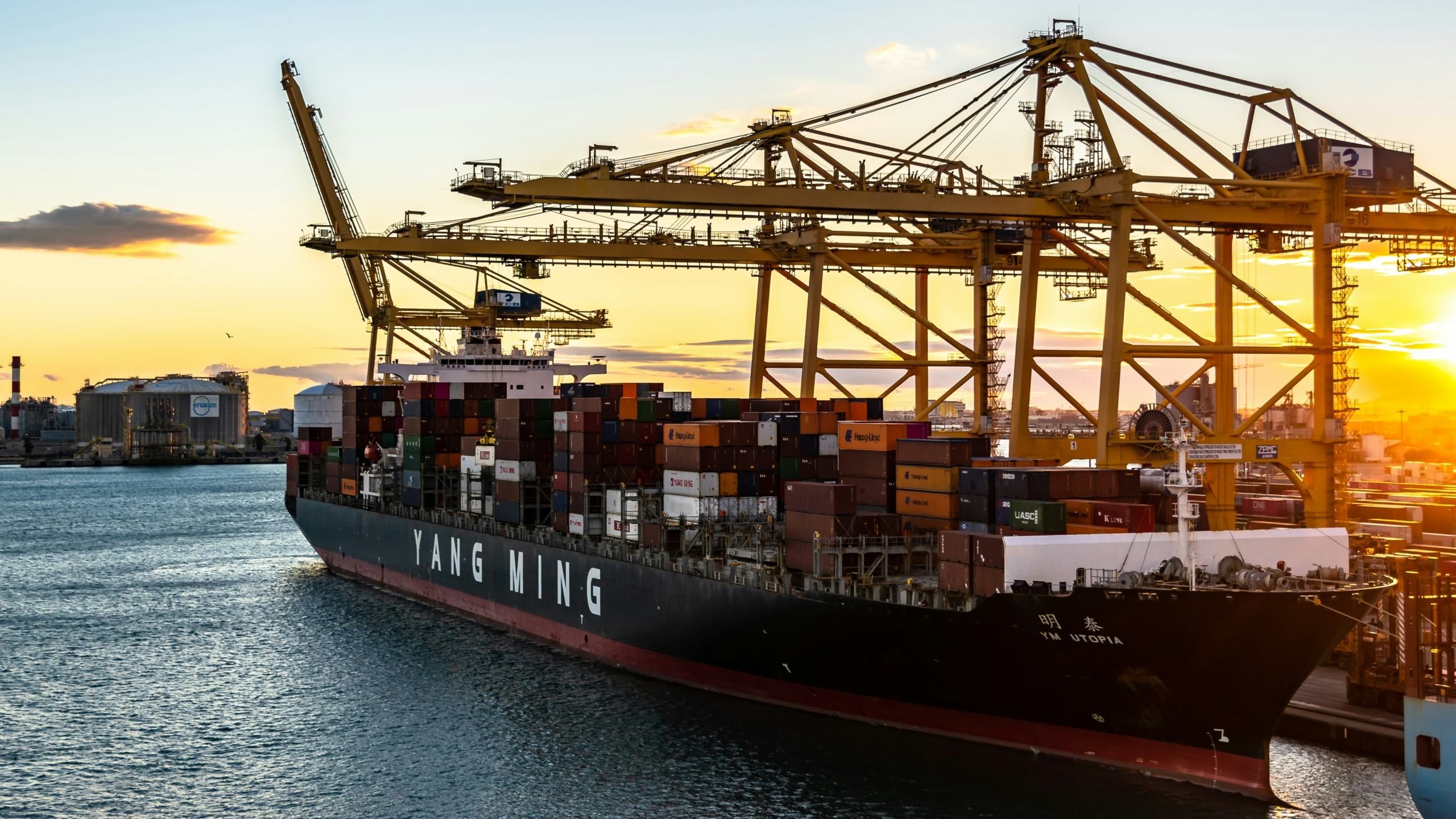Poland, renowned for its innovation, quality craftsmanship, and strong work ethic, has emerged as a key player in the EU market, and is particularly appealing to bike-loving nations in the Benelux region. As the recent end of the bike-boom left many European brands struggling, Poland, equipped with robust production facilities, is one nation that has risen to the challenge – to get people back on their bikes.
Magdalena Lekan, Head of the Amsterdam branch of The Polish Investment and Trade Agency (Polska Agencja Inwestycji i Handlu, PAIH), an organization that actively encourages cross-border trade, believes that the Polish bicycle market, equipped with more than 2000 companies, has what it takes to enable bike industries to thrive again. Together with PAIH’s support, Polish companies can showcase their businesses in catalogues and participate in international trade fairs, such as the Bikes to Business (B2B) 2024 Festival at the Brabanthallen Convention Centre in Den Bosch, the Netherlands.
A polish manufacturing powerhouse
Kross, one example of a Polish bicycle manufacturer with a strong presence in the Benelux region, was established 30 years ago as a family business in a small town 100 km from Warsaw. In fact, it is still a family-owned business today and, over the years, has become a symbol of Polish innovation and manufacturing prowess. Piotr Kuciński, Export Manager informs us, "We are the biggest bicycle manufacturer in Poland with production capabilities that exceed 500,000 bicycles per year."
One of the reasons for this is because Kross is the only plant in Europe with its own carbon frame production. Kross produces all kinds of bicycles and e-bikes from mountain, gravel, city, trekking and road bikes, to bikes for the youth and children. "But we believe the real reason for our success comes from our passion for bicycles and our hard work. We all ride bikes, which helps the in-house R&D team design and build great products,” Piotr explains. “Thanks to our own in-house testing and rigorous road tests, which are a fun part of the job for bicycle enthusiasts like us, we can deliver the final product to our client ensuring that it has been well-tested.” In fact, according to Adam Fudala, Business Development Director at Kross, “This has allowed us to build sales in over 50 different markets globally."
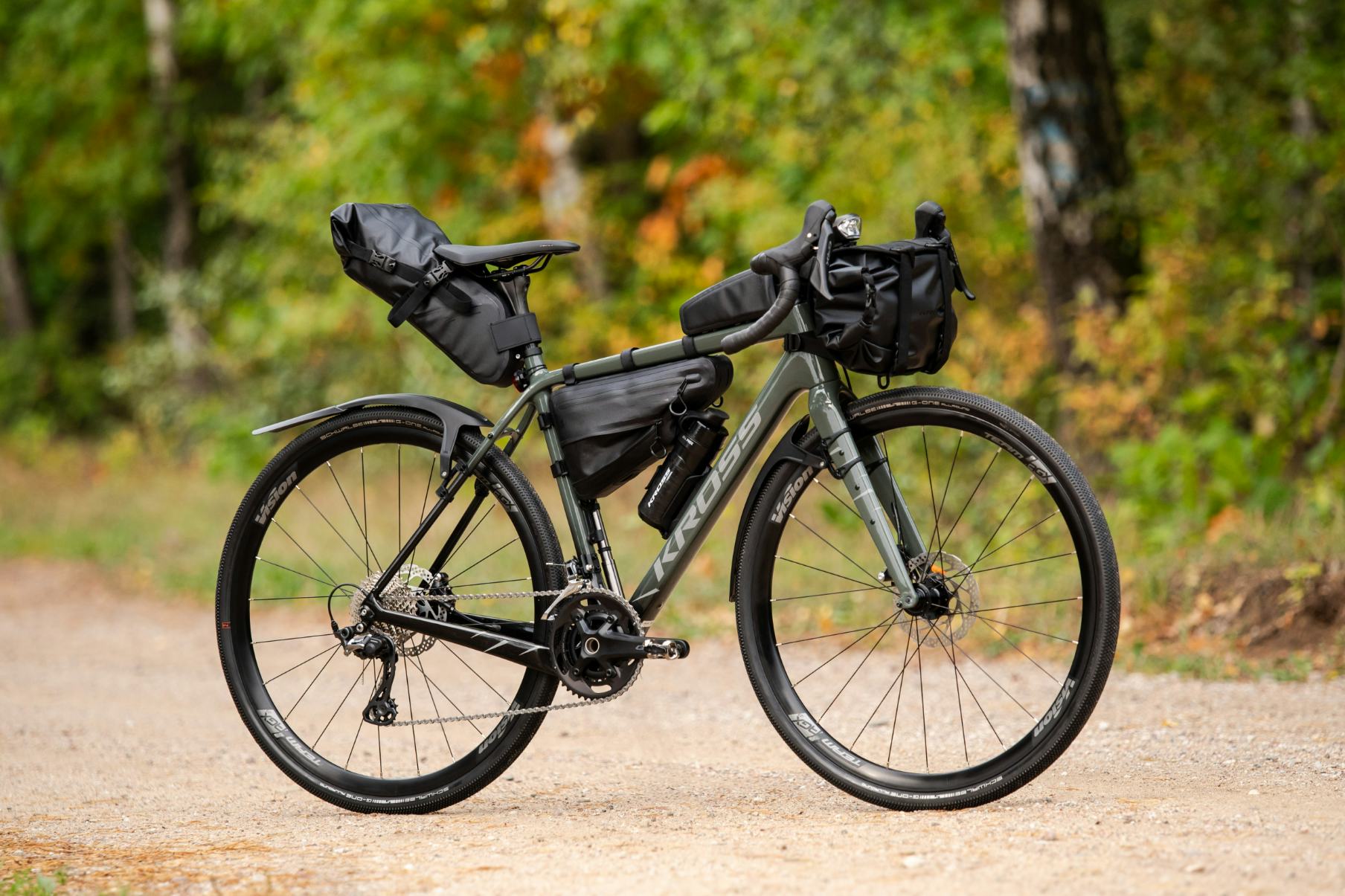
While Kross does not produce all components in-house, they strategically outsource production of some bike parts and clothing gear to other Polish manufacturers, guaranteeing that production remains within the EU. Additionally, Kross' acquisition of the Dutch company Multicycle has not only given them a lifeline to the Benelux, it has influenced them to adapt and expand their product line back home. For example, the city bike, a staple in Benelux countries, is now gaining traction in Poland as more Poles recognise the benefits of biking for their daily commute. Kross has also recently signed with other distributors to establish their brand in the Benelux and to introduce a wider portfolio of products. Marcel de Bie, owner of Gransier Bike Parts says, “We are convinced that Kross builds bicycles with a passion for cycling. Their years of experience and love for bikes are reflected in a high-quality product with a good design that is extremely suitable for the Benelux.”
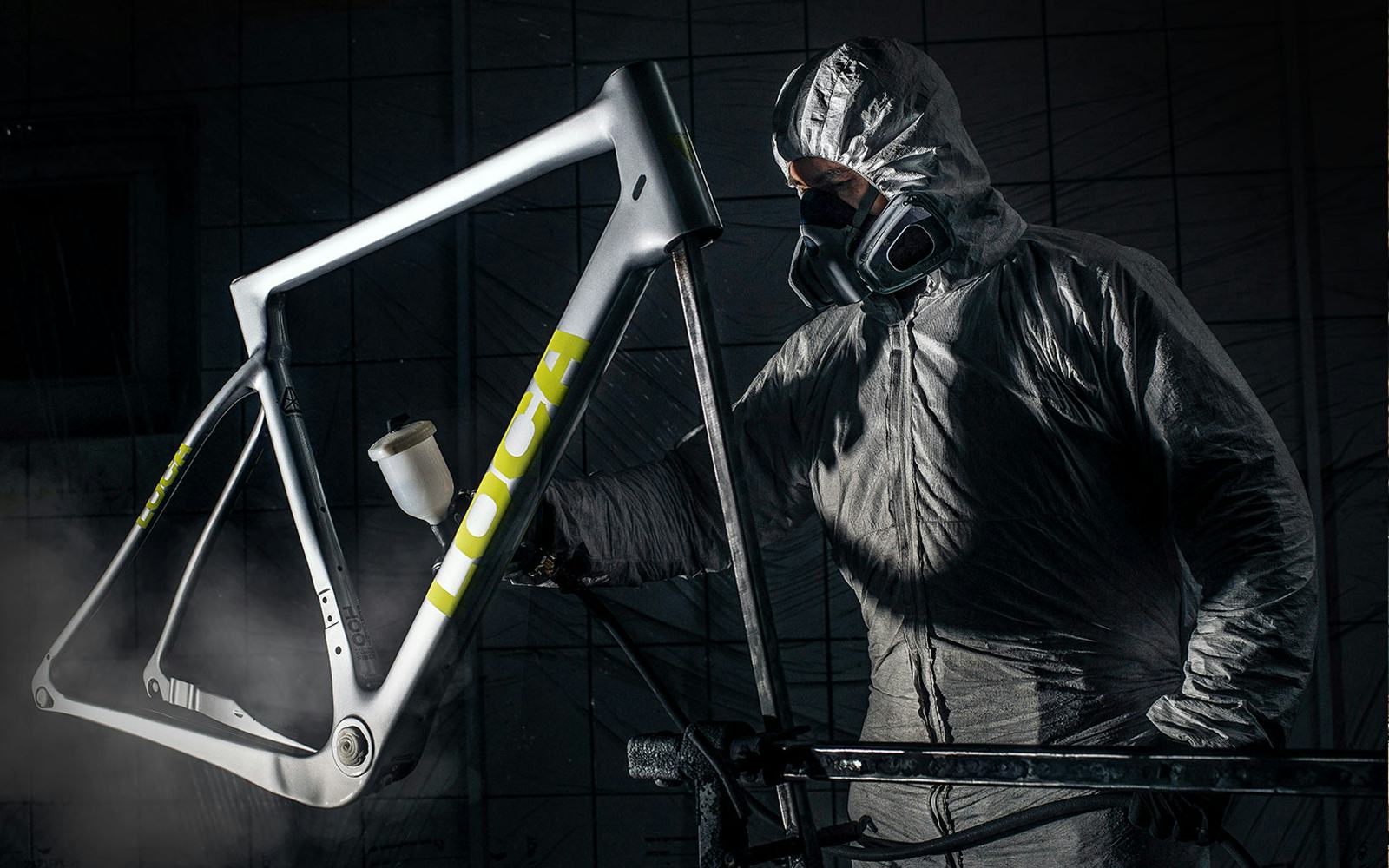
A tailor-made touch
In contrast to the manufacturing giant Kross, Loca represents a small-scale bicycle start-up that has been making waves since its inception in 2015. Despite its size, Loca uses a blend of mass and custom manufacturing techniques to create bikes that stand out both in functionality and design. The company's commitment to crafting high-quality bicycles with minimal environmental impact has caught the attention of customers who know what they want and appreciate something extra. Loca’s founder, Aleksander Zemke, explains, “At Loca, we firmly believe that bicycles should be tailored to the rider, not vice versa. We treat each order with individual attention, ensuring that every bike we produce precisely matches our customers' specifications and riding preferences.”
People care about the environment and like knowing that their purchases are eco-friendly.”
Loca's story is one of ingenuity, as they explore new ways to blend sustainability with functionality. Their small-scale production allows for greater flexibility, enabling them to experiment with design and materials. As a result, Loca has gained a loyal following among environmentally-conscious consumers seeking unique and eco-friendly alternatives. “We’ve noticed that cyclists in the Benelux region are big on quality and personalisation. They aren’t just looking for a bike; they want a bike that feels like it was made just for them. Also, there’s a strong focus on sustainability and locally-sourced products in the Benelux. People care about the environment and like knowing that their purchases are eco-friendly,” Alex says. Customers in the Benelux value quality and durability and many cycle enthusiasts in the region have specific requirements for their bikes. Alex believes this plays into Loca’s strengths as the company specialises in bicycles tailored to the individual with extensive customisable options, not just in aesthetics but also in terms of the bike’s fit and componentry.
Cycling towards a sustainable future
Poland's bicycle manufacturing industry is steering towards a sustainable future, fostering strong ties with the Benelux. Kross and Loca exemplify the diversity and innovation within the Polish bike manufacturing landscape. As the bike industry rebounds from recent challenges, the emphasis on local production, sustainability, and cross-border collaborations stands as a testament to the resilience and adaptability of European manufacturers.
The bicycle, a century-old invention, is an eco-friendly sustainable transport option. It is a zero-emission alternative to the motorised vehicle, reducing traffic on the road and promoting a healthier lifestyle. For the Benelux countries that already have the necessary infrastructure to support people in choosing to commute via bike, the shift towards a more environmentally conscious society is near. Poland is not just manufacturing bicycles; it is forging connections and contributing to a greener, more sustainable future for all.
This article is sponsored by the Polish Investment and Trade Agency

